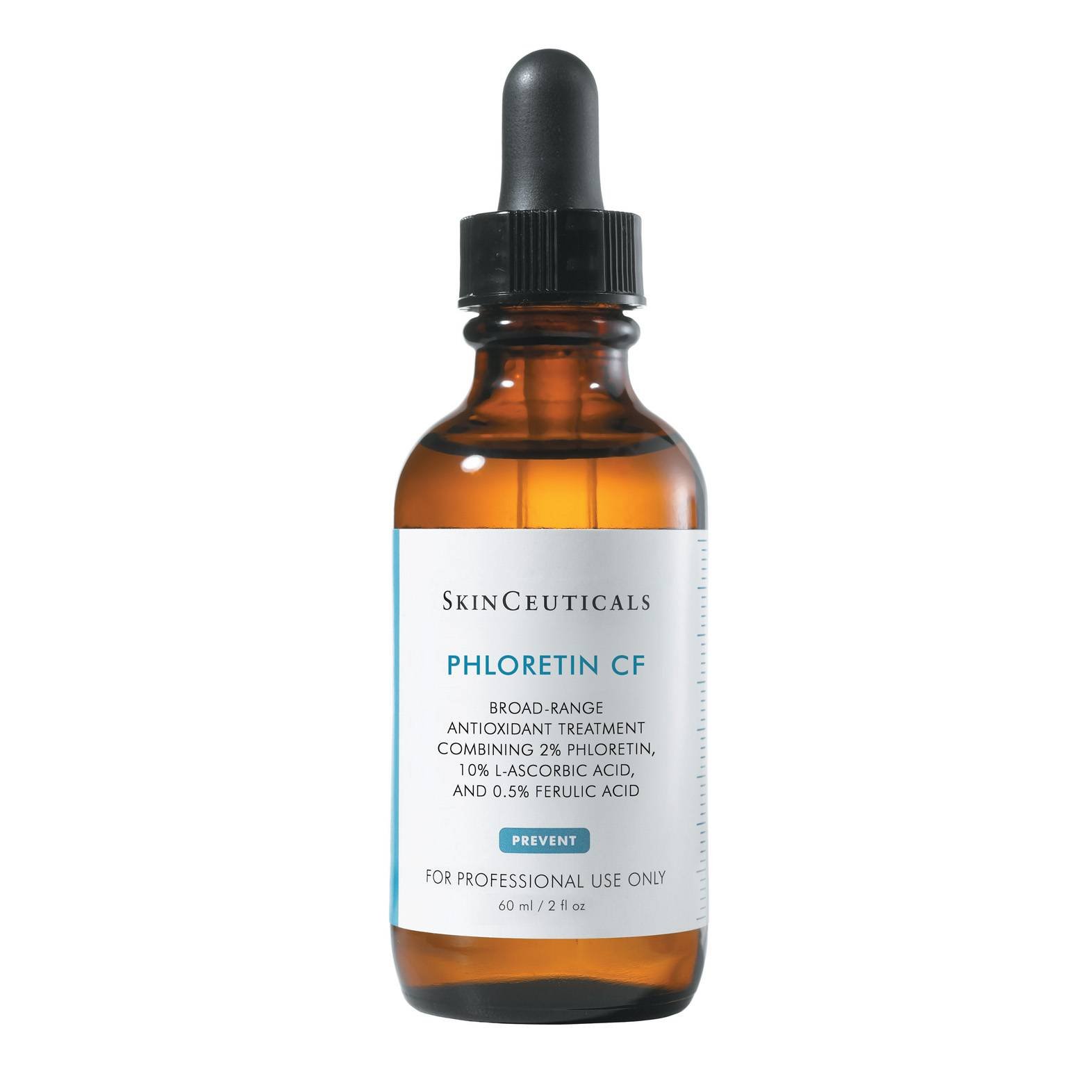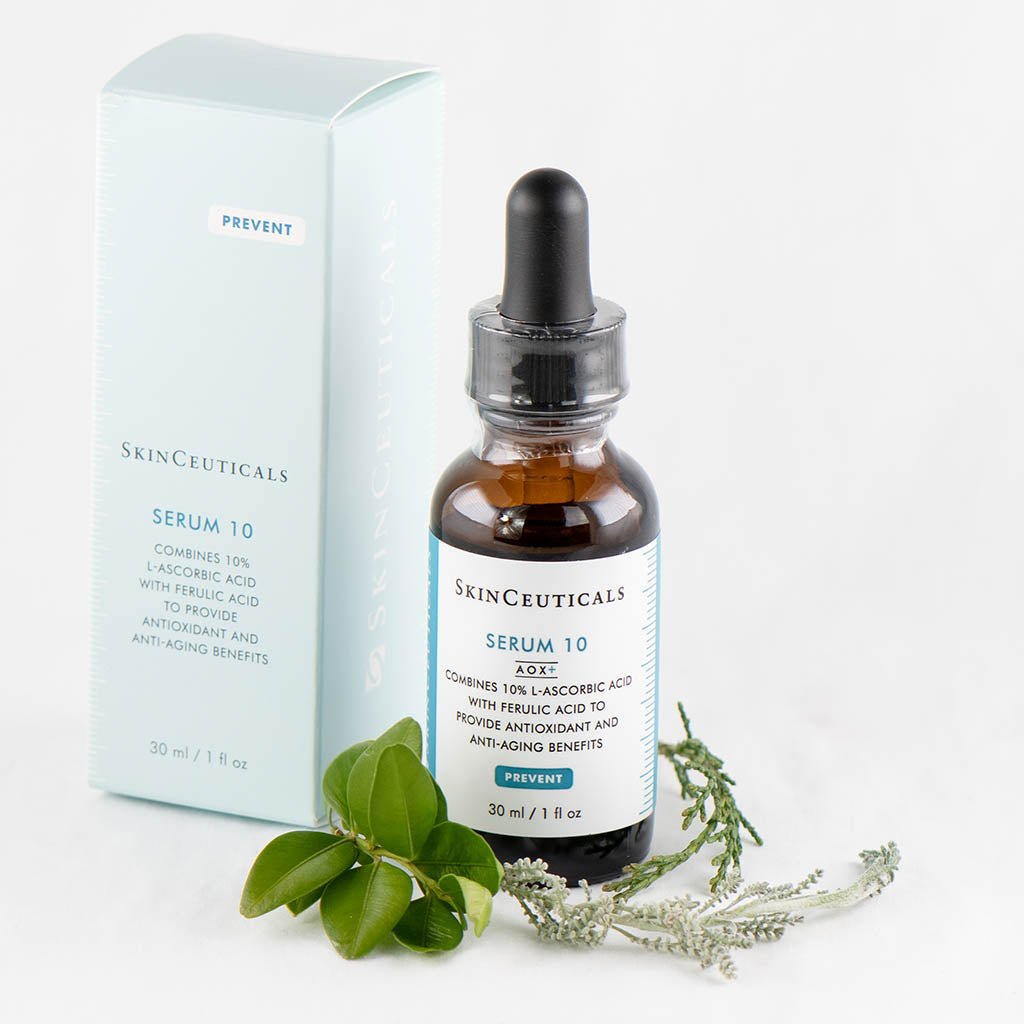DO YOU KNOW THE SKIN YOU’RE IN?
Janine Mendes-Franco
Chances are, you don’t — and while that’s pretty common, you run more of a risk of unwittingly choosing the wrong products for your skin type — which can contribute to unnecessary issues, including breakouts and (yikes!) premature ageing. There are five different skin types, so let’s figure out which you are!
Take our simple and fun quiz, then read on to find out how best to care for your correct skin type…
NORMAL
Normal skin looks healthy, supple and glowing.
Is your skin like Goldilocks? You know…not too dry, not too oily…just right? You hardly ever get pimples, and regardless of temperature or humidity, your skin adapts nicely, staying stable and even-toned. In other words, your skin is well-behaved and no-fuss. Congrats — you’ve hit the skin jackpot — but that doesn’t mean you should take it for granted; even normal skin needs nurturing.
Products
Normal skin types do well with simple but consistent routines. Think cleansers, the occasional exfoliating scrub, and nourishing moisturisers that protect and renew.
DRY
Dry skin looks and feels tight and uneven.
Does your skin tend to feel dehydrated, no matter how much water you drink? Does it flake easily? Have you been noticing fine lines and wrinkles? If so, you’ve got dry skin, which lacks enough of the natural oils skin needs to stay plump and youthful looking.
Products
Not to worry! The right combination of products can help get your skin back into proper balance. Our SkinCeuticals Gentle Cleanser and Replenishing Cleanser are particularly effective at nourishing dry skin. Used along with our wonderful Triple Lipid Restore 2:4:2 moisturiser that’s specifically patented to refill lipids on the cellular level and provide much-needed hydration, you’ll soon find that your skin looks and feels softer, smoother and younger.
OILY
Oily skin tends to have a bit of a sheen, with larger-looking pores.
Is your skin in the zone (the T-zone, that is)? No matter how much finishing powder you apply, does your nose and forehead area always shine? Do you often have to apply tissues to your face during the day, just to dull the sheen? No doubt about it, you’ve got oily skin. Overactive sebaceous glands make your skin more acne-prone, which can be further exacerbated by everything from diet to stress, so finding the right skincare routine is key.
Products
Start with any of our gentle cleansers; they clean the skin without completely robbing your skin of the good oils it needs to stay balanced. Then, contrary to what many people think, you need a good moisturiser that can counteract the effects of irritated skin. SkinCeuticals Phyto A+ Brightening Treatment is an excellent choice, as are our Oxygeneo facials, which have accomplished amazing results with acne-scarred skin.
COMBINATION
Combination skin is a mixed bag, and can veer from looking dehydrated to appearing greasy.
This skin type can sometimes feel like having the best (or worst) of both worlds: dry skin with a touch of oily T-zone. As such, you may well have to double up on products, since different areas of your skin have different needs.
Products
For the drier sections, rich, protective moisturisers make a world of difference, while gel-based cleansers like the SkinCeuticals LHA Cleansing Gel are better for the oily patches.
SENSITIVE
The slightest thing can often irritate sensitive skin.
Does the slightest thing seem to irritate your skin? Are you allergy-prone or perhaps suffer from conditions like eczema and rosacea? Then you’re quite likely the sensitive skin type.
Products
Your skin care products must be mild, but effective. Our SkinCeuticals Gentle Cleanser is a great choice, as it removes dirt while soothing skin. Because people with sensitive skin tend to more easily show signs of hyperpigmentation, it’s important to steer clear of harsh products that can dry out, clog or otherwise irritate the skin. Keep moisturisers and sunscreens lightweight and your skin should remain well protected. Gentleness is the secret of sensitive skin maintenance.
For guidance on the right products and routines for your skin type, give us a call or set up a consultation.












